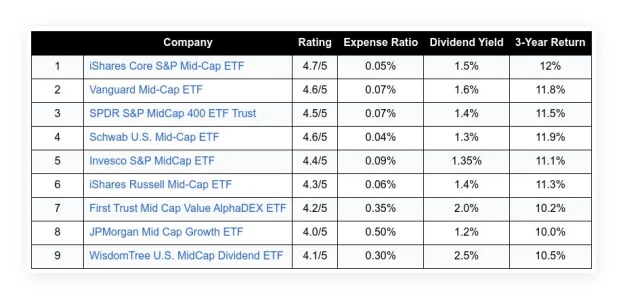The state of Wisconsin has been given a $4.3 million grant to tackle the health and economic ravages of an ongoing opioid crisis.
The funds were released to the Great Lakes State by the Department of Labour to assist people affected by the health and economic effects of widespread opioid use, addiction, and overdose.
The U.S. Department of Health and Human Services declared the opioid crisis “a national public health emergency,” which allowed the state to benefit from the increase in funds to tackle the rising tide of hospitalizations and fatalities state-wide since 2017.
Assistant Secretary for Employment and Training José Javier Rodríguez said, “The Employment and Training Administration is committed to ensuring Wisconsin workers affected by the opioid crisis have access to grant funding and assistance that will help their communities address the unique impacts of this complex public health crisis.”
Wisconsin gains $4.3 million in grant funding
Nearly five years on, since the state was declared a place of interest for federal health regulators and the Department of Labor, deaths and admissions due to opioids have been on a steady incline.
The Department of Labor said as part of a recent report that “opioid-related deaths and emergency room hospitalizations rose more than 18 percent between 2020 and 2022 and according to the Wisconsin Department of Health.”
Rodríguez concluded, “This Dislocated Worker Grant provides critical support to Wisconsin by providing jobs to affected workers and training to assist professions in the areas of addiction treatment, mental health, and pain management.”
Due reported that the Department of Justice is also taking a zero-tolerance approach to the opioid crisis in their actions to crack down on distributors of illegal drugs.
The Department of Justice (DOJ) announced the largest-ever crackdown on pharmaceutical opioids and commonly abused prescription drugs to an estimated street value of $1.3 billion.
In a sweeping statement, the DOJ unsealed charges against five pharmaceutical distributor executives, sales representatives, and brokers. These charges have been carried out in several states, including the Southern District of Texas, the Southern District of Florida, the Eastern District of Missouri, and the Eastern District of North Carolina.
Image: Pexels.















